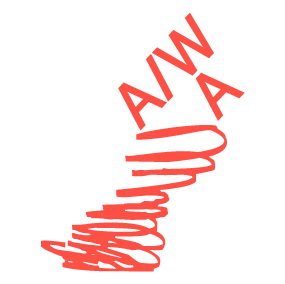
Science Fiction has long provided writers and readers with the means to conduct thought experiments and to model scenarios different from the ones we currently experience. As a generation raised on Science Fiction moves into positions of power and influence in the world, the lines between fiction and fact become increasingly blurred. Science Fiction also offers means with which to critique and reimagine the present.
In this series of readings and workshops, we discuss future polities and social structures as imagined by Science Fiction writers, hear from cultural theorists and those currently engaged in living experiments.
Three of the five sessions will be reading groups, for which participants will be asked to have read the text under discussion prior to the session. Two sessions will be group discussions with guest speakers. The series is open to everyone. It’s a modular series, so you pick and choose which to come to; you’re also very welcome to come to all. If you come to a reading group session, please do read the book beforehand. All books for the reading groups are widely available in libraries and bookshops.
Living In The Future is a new journal of Science Fiction and future-oriented art and writing. Issue 3, forthcoming, is themed on “New Lands”. www.litfmag.net